Colon Cancer in Young Adults: What You Need to Know
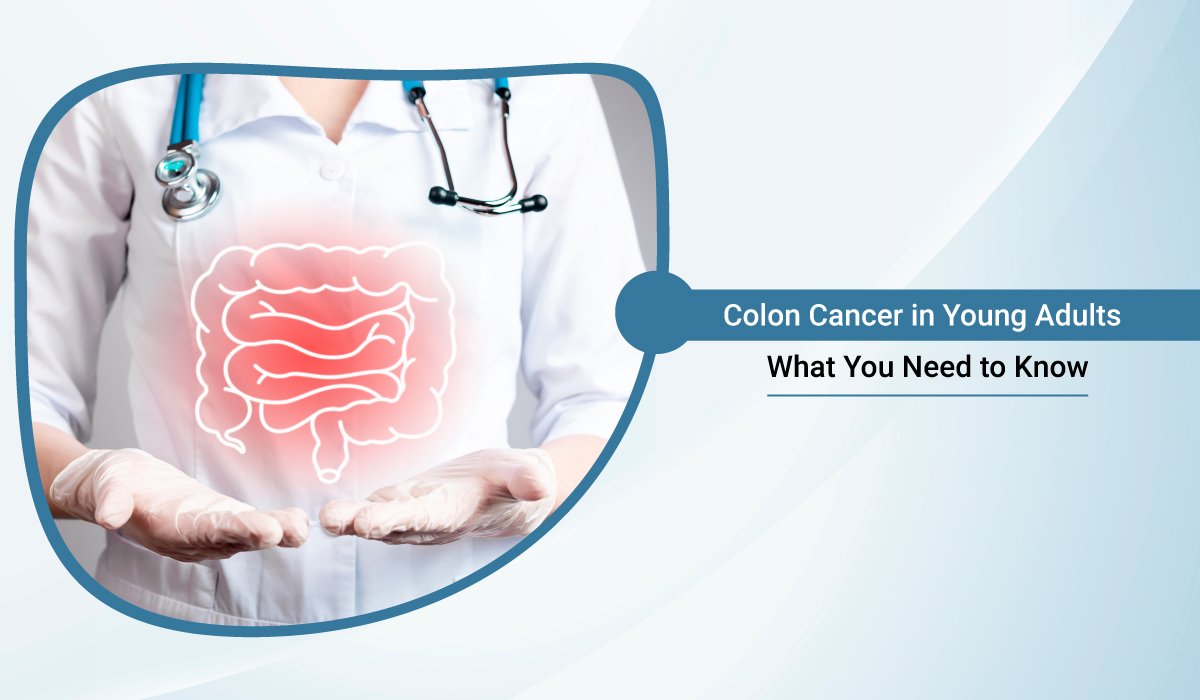
What is colon Cancer and how common is this disease?
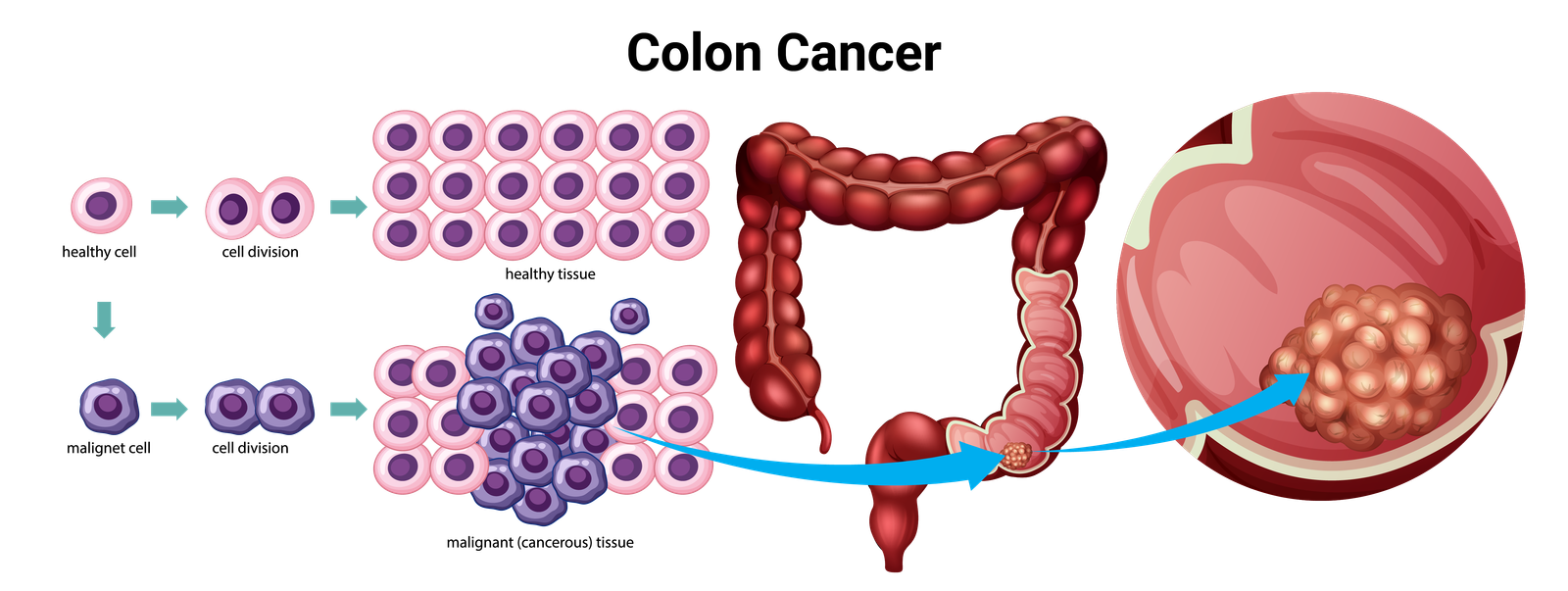 Colon cancer is one of the categories of cancer in which the cells of colon loose the property of contact inhibition. Although it is typically associated with older adults, colon cancer is becoming more common among young people. In fact, recent studies suggest that the incidence of colon cancer in individuals under the age of 50 has been increasing over the past few decades.
Colon cancer is one of the categories of cancer in which the cells of colon loose the property of contact inhibition. Although it is typically associated with older adults, colon cancer is becoming more common among young people. In fact, recent studies suggest that the incidence of colon cancer in individuals under the age of 50 has been increasing over the past few decades.
The exact reasons for this increase are not fully understood, but there are several risk factors that have been identified. Colon cancer symptoms can include changes in bowel habits, blood in the stool, abdominal pain or cramping, and unexplained weight loss. Early detection and treatment are crucial in improving outcomes for individuals with colon cancer. Treatment options for colon cancer include surgery, chemotherapy, radiation therapy, and targeted therapy.
What are some of the important colon cancer symptoms?
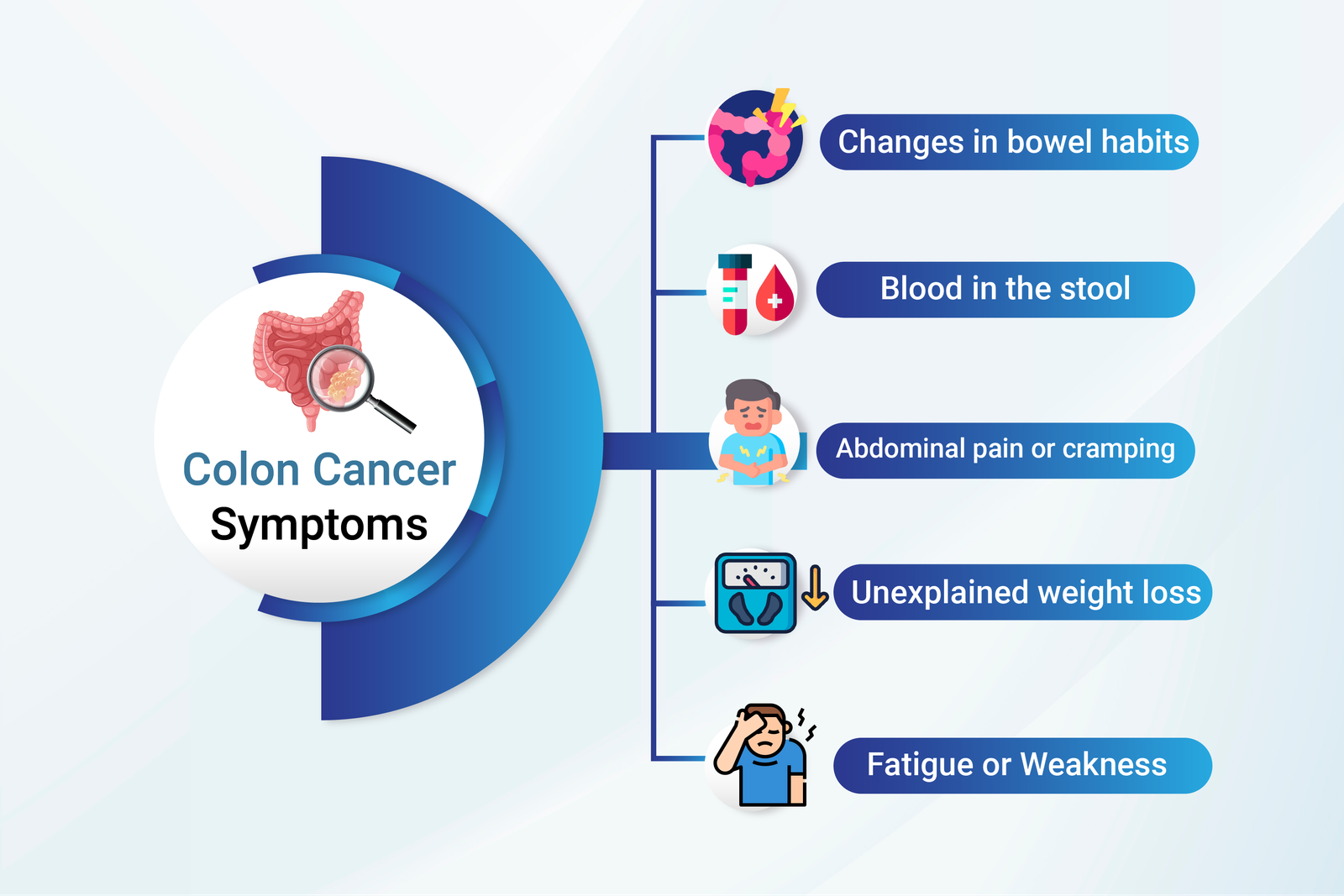
- Changes in bowel habits: This can include diarrhea, constipation, or changes in the consistency of stool.
- Blood in the stool: This may be bright red or dark in color and can occur as a result of bleeding in the colon or rectum.
- Abdominal pain or cramping: This can be a sign of a blockage in the colon or rectum.
- Unexplained weight loss: This may occur as a result of the cancer causing a decrease in appetite or changes in metabolism.
- Fatigue or weakness: This can occur as a result of anemia, which can be caused by bleeding in the colon or rectum.
How is colon cancer diagnosed?
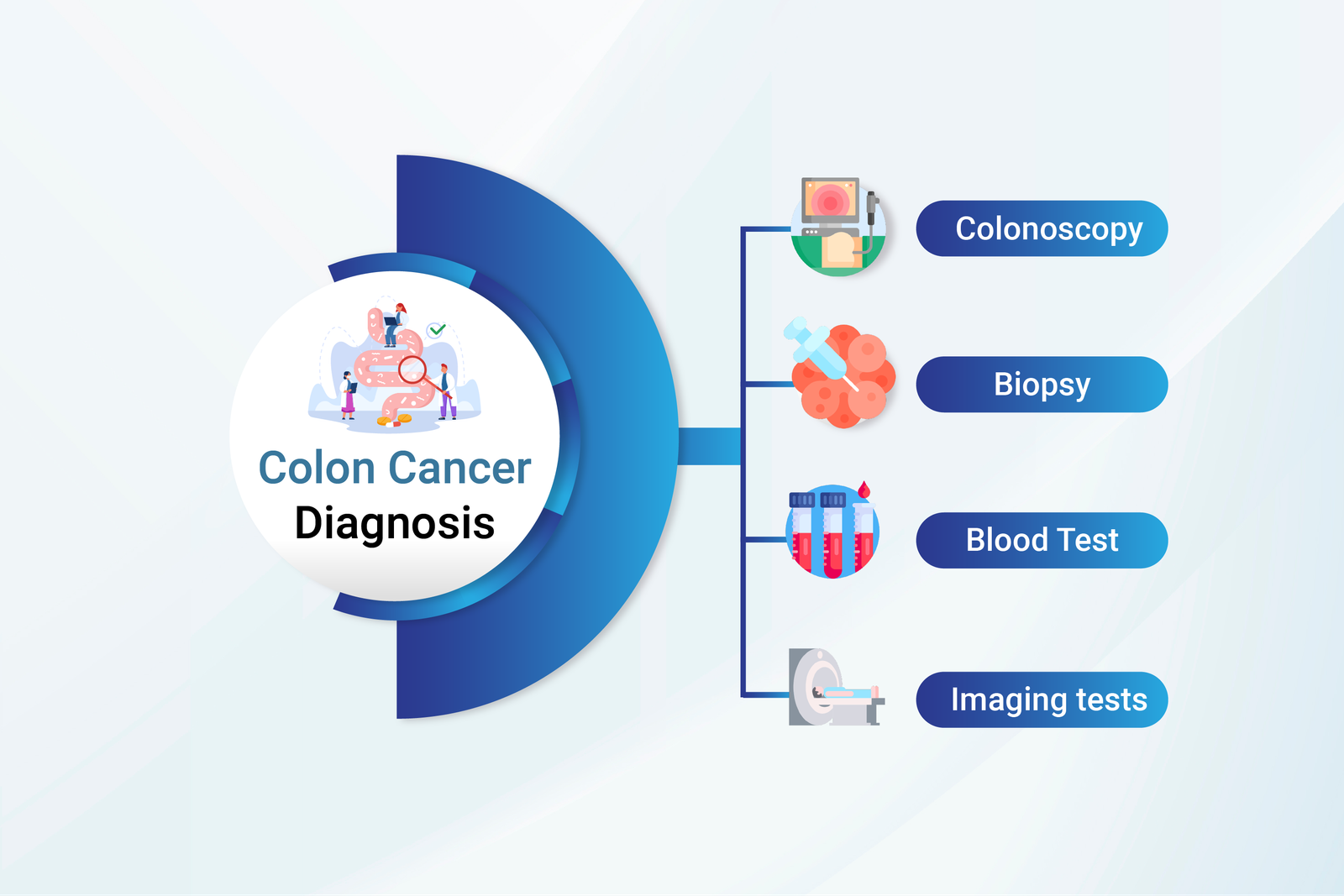
- Colonoscopy: This procedure involves the insertion of a flexible tube with a camera into the rectum to examine the colon for abnormalities.
- Biopsy: If abnormalities are found during a colonoscopy, a biopsy may be taken to determine if cancer is present.
- Blood tests: These may be done to check for anemia or to detect tumor markers that may indicate the presence of cancer.
- Imaging tests: These may include CT scans, MRIs, or X-rays to help identify the location and extent of the cancer.
What are some of the important colon cancer risk factors?
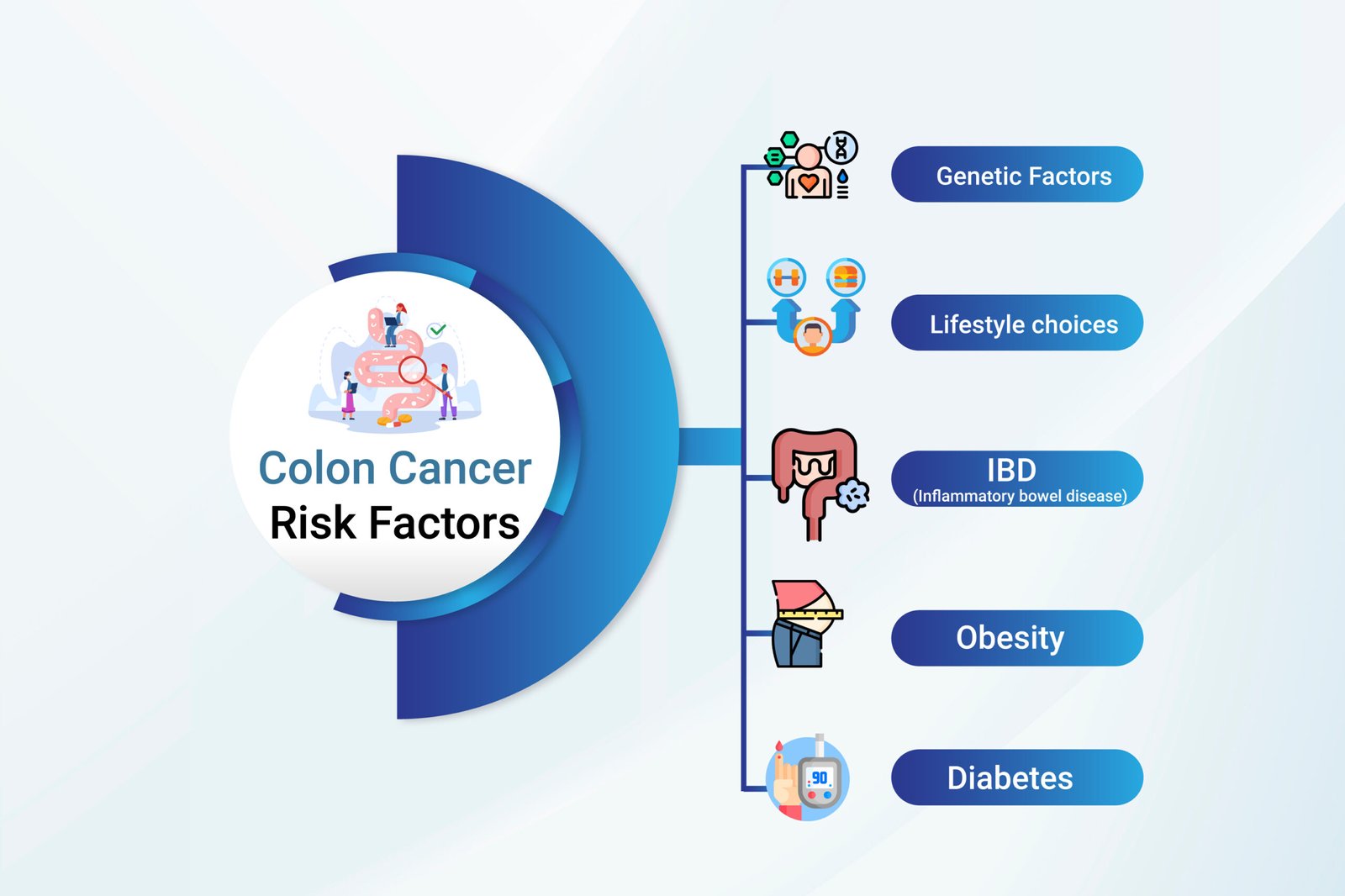
- Genetic factors: A family history of colon cancer or certain genetic mutations, such as Lynch syndrome, can increase the risk of developing the disease.
- Lifestyle choices: Unhealthy habits such as a diet high in red or processed meats, lack of physical activity, and smoking can increase the risk of colon cancer.
- Inflammatory bowel disease (IBD): Chronic conditions such as ulcerative colitis or Crohn’s disease can increase the risk of developing colon cancer.
- Environmental factors: Exposure to certain environmental toxins or radiation may increase the risk of colon cancer.
- Obesity: Being overweight or obese can increase the risk of developing colon cancer.
- Diabetes: Individuals with type 2 diabetes may have an increased risk of colon cancer.
- Alcohol consumption: Drinking alcohol chronically increases the colon cancer risk tremendously.
- Age: While colon cancer can affect individuals of all ages, the risk increases with age.
What are the options available for colon cancer treatment?
There are several treatment options available for young adults diagnosed with colon cancer. The type of treatment recommended will depend on the stage and location of the cancer, as well as the individual’s overall health and preferences. Some common treatment options include:

- Surgery: Surgery is often the primary treatment for colon cancer. The goal is to remove the tumour and any nearby lymph nodes that may contain cancer cells. Colostomy may be required in few cases.
- Chemotherapy: This is done by neutralizing cancer cells with the help of drugs It may be used before or after surgery, or as the primary treatment for advanced or recurrent colon cancer.
- Radiation therapy: This treatment neutralizes the cancerous cells with the help of high-energy beams. This treatment if often done in aggregation with chemotherapy or surgery.
- Targeted therapy: Targeted therapy involves the use of drugs that specifically target cancer cells.
- Immunotherapy: Immunotherapy is a newer treatment that works by helping the immune system recognize and attack cancer cells.
5 important tips coping with the diagnosis and treatment of colon cancer
Receiving a diagnosis of colon cancer can be overwhelming and stressful, not only for the individual but also for their loved ones. Coping with the diagnosis and treatment can be a challenging experience, but there are resources and tips available to help individuals and their families manage this difficult time. Here are some tips and resources for coping with the diagnosis and treatment of colon cancer:
- Seek support: It can be helpful to talk with others who have gone through a similar experience. Support groups, online forums, and counselling services can provide a space for individuals to share their feelings, ask questions, and receive emotional support.
- Stay informed: Knowledge is power, so it is important to stay informed about the diagnosis, treatment options, and potential side effects. Ask questions and talk with your healthcare team to better understand your diagnosis and treatment options.
- Take care of your physical health: Eating a healthy diet, getting enough rest, and staying physically active can help improve physical and emotional well-being.
- Manage stress: Coping with the diagnosis and treatment of colon cancer can be stressful. It is important to find healthy ways to manage stress, such as practicing mindfulness, meditation, or relaxation techniques.
- Connect with resources: There are many resources available to individuals with colon cancer and their families, including support groups, financial assistance programs, and patient advocacy organizations.
In addition to these resources, it is important to work closely with your healthcare team and to follow the recommended treatment plan. With proper care and support, individuals with colon cancer can successfully manage their diagnosis and treatment, and move forward with hope and strength.
Conclusion
Colon cancer is a serious disease that can affect individuals of all ages, including young adults. It is important for young adults to be aware of the symptoms and risk factors associated with colon cancer, as early detection is the key to successful treatment. With the help of skilled doctors and healthcare teams, there are various treatment options available for individuals diagnosed with colon cancer. Additionally, there are resources and support available to help individuals and their families cope with the diagnosis and treatment of colon cancer. By staying informed, seeking support, and taking care of their physical and emotional well-being, individuals with colon cancer can successfully manage their diagnosis and treatment. At the practice of Dr. Vatsal Mehta, we are committed to providing high-quality care and support to individuals with colon cancer, and we encourage all young adults to stay proactive about their health and to seek medical attention if they experience any symptoms or concerns related to colon cancer. To know more about us, contact Alfa Gastro and Liver care.
